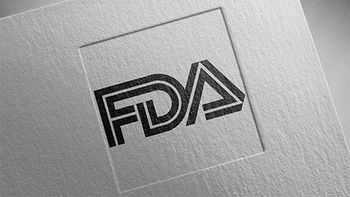
- Pharmaceutical Commerce - March 2020
- Volume 15
- Issue 1
Hub providers can be the source of the best real-world evidence
Value- or outcomes-based contracting is the buzz of the moment in specialty pharmaceutical marketing. Interest in it is driven by the (typically) high cost of the therapies, and payers’ desire to ensure that they’re getting something for the money expended, In the single-payer systems in Europe, generally speaking, these issues are addressed by health technology assessments; in the US, with its decentralized, pay-as-you-go practices, the value-based contract (VBC) is becoming a viable practice.
Essential to a rational VBC is the ability to track the outcomes or continued health of patients. Where does this outcomes data come from? For the most part, it seems that the payers or health systems engaged in VBCs are using claims records and data from electronic health records (EHRs) to verify outcomes. EHR data figures in many of the prominent efforts to generate real-world data and real-world evidence (RWE) as well.
So far, all good. There are limitations and constraints on RWE from claims and EHRs (mostly, because they’re set up for handling reimbursements, and not for outcomes directly); lots of smart people are working on that. But here’s the twist: apart from the extraordinarily expensive cell/gene therapies, most RWE work seems to be focused on clinical trials, both leading up to and after a drug’s approval. This is due, in part, to the 21st Century Cures Act, which opened the door wider for FDA to consider observational data (which includes RWE) as part of a drug’s application.
We would like to highlight another source of RWE, and one that could play into a much wider range of VBCs: the pharma industry’s hub and patient-support providers. As the
Surprisingly, all of the outsourced hub providers interviewed for the Overview say that collecting data for VBCs is “not here yet, but coming soon.” We suspect that the reason for this is pharma companies’ siloing of the patient data in commercial or market-access functions; over in the R&D sector, researchers are unaware of the value of these data (or, perhaps, simply don’t recognize it as research-grade).
Articles in this issue
almost 6 years ago
2020 Patient Support Vendor Directoryalmost 6 years ago
A Conversation with Mark Hansan, CareMetxalmost 6 years ago
2020 Patient Support / Hub Services Reportalmost 6 years ago
Real-world evidence gets closer to everyday treatment decisionsalmost 6 years ago
HDA board passes leadership to AAM’s Chip DavisNewsletter
Stay ahead in the life sciences industry with Pharmaceutical Commerce, the latest news, trends, and strategies in drug distribution, commercialization, and market access.




